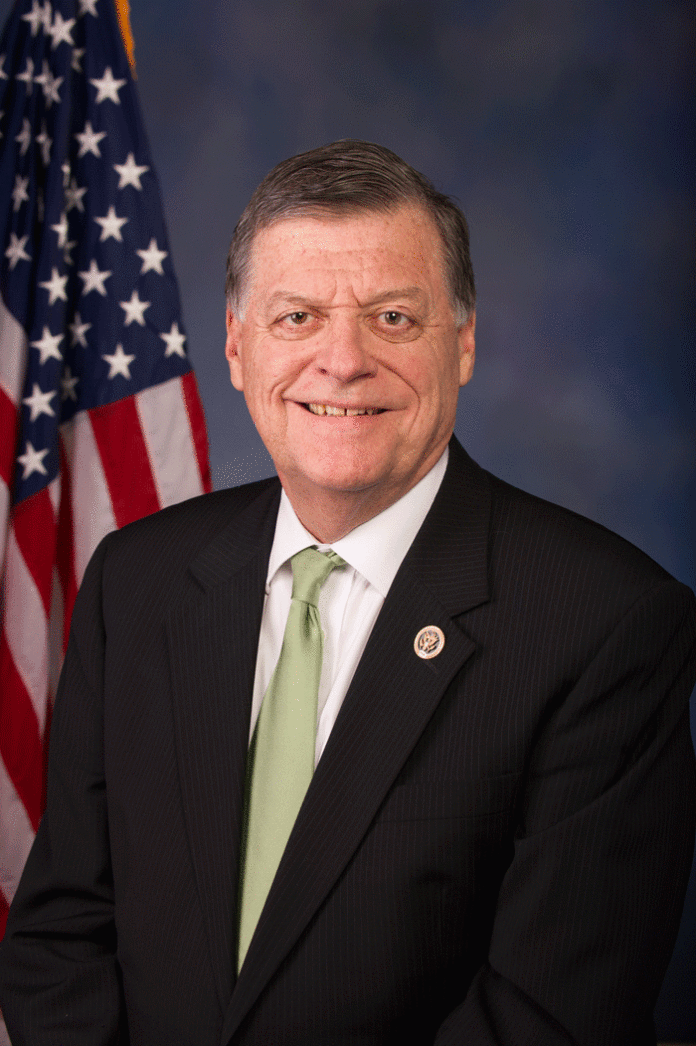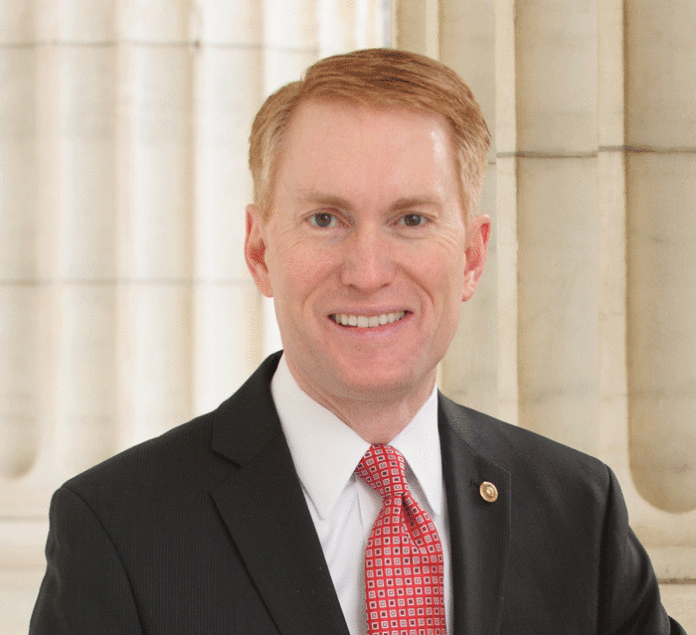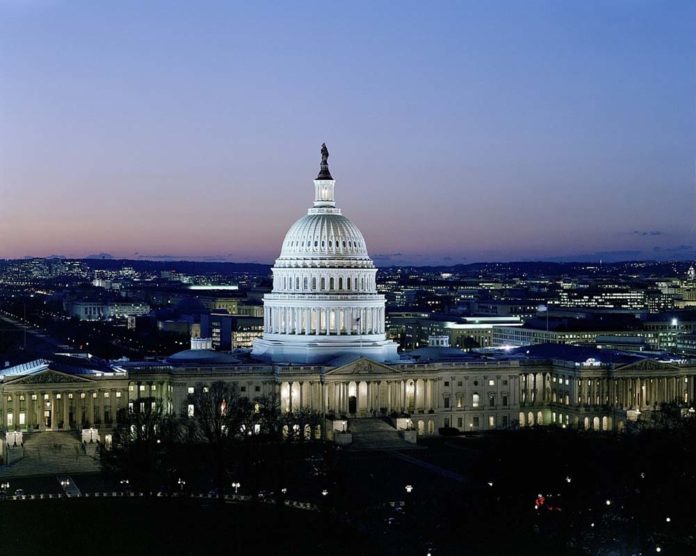On April 4, 1949, the North Atlantic Treaty was signed, and the United States entered the North Atlantic Treaty Organization (NATO) as one of 12 founding member countries. Seven decades later, the transatlantic alliance endures, and it has grown to include 29 countries, pledging still to face aggressors and security threats together.
In reflecting on this historic and lasting partnership, it was an honor to recently hear from NATO Secretary General Jens Stoltenberg during a joint session of the United States Congress. While his address was a sobering reminder of the security threats and difficulties we have experienced alongside our NATO allies, it was encouraging also to remember the steadfast cooperation that has existed all the while in promoting and preserving freedom. As Secretary General Stoltenberg poignantly remarked, “The strength of NATO is that despite our differences, we have always been able to unite around our core task. To defend each other. Protect each other. And to keep our people safe.”
Following the devastating conflict of World War II, NATO allies banded together with the shared commitment to defend against future threats and the shared desire to prevent future conflicts, particularly with the Soviet Union. A partnership which started in the thick of the Cold War, NATO allies remained watchful and ready to defend against potential attacks during the early decades. However, it was not until 2001 that NATO allies invoked Article 5 of its treaty: “An armed attack against one or more of them…shall be considered an attack against them all.”
After the heartbreaking September 11 terrorist attacks on our soil, NATO allies quickly came to the aid of the United States. Our treaty allies fought and died alongside us during Operation Enduring Freedom in Afghanistan, where terrorism had taken root.
I am proud that Oklahoma’s Fourth District has played a part in supporting our NATO allies – including the use of Fourth District airspace for training exercises conducted by Sheppard Air Force Base, which hosts the Euro-NATO Joint Jet Pilot Training Program. And last year, AWACS aircraft from Tinker Air Force Base were part of one of the biggest NATO exercises in the last 20 years.
Although President Trump has rightly put pressure on our NATO allies to contribute two percent of their gross domestic product (GDP) toward defense spending, not all contributions toward NATO’s collective mission can be measured in dollars. Aside from military funding and support, countering the unique threats of today requires strong alliances to confront new challenges. Current threats include cyber, hybrid warfare and terrorism, transcending borders and calling for fresh approaches in deterrence. Sharing the burden requires infrastructure investments as well.
Certainly, NATO remains a vital component to defending freedom and ultimately ensuring a safer and more peaceful world. While we have disagreements between members, Secretary General Jens Stoltenberg was indeed right when he said, “It is good to have friends.”










